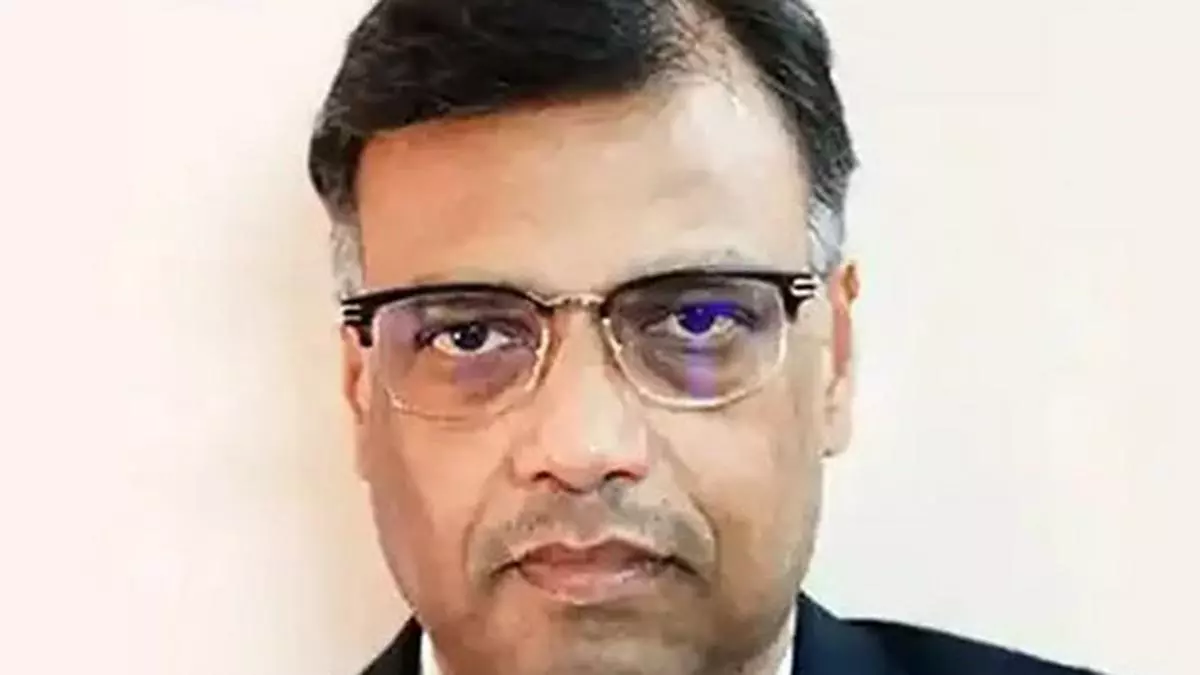Need to have a few more diversified liquid currencies to de-risk the global financial system: RBI DG
Deputy Governor of the Reserve Bank of India (RBI) T. Rabi Sankar said on Thursday that it would be in the interest of the international currency system to have a few diversified liquid currencies as it could de-risk the global financial system.
“We have a global financial system that is dominated, in terms of transactions, in terms of bills, in terms of their use for hedging and other purposes, by a handful of reserve currencies.
Sankar said at the launch of the fourth edition of the annual tech briefing – G20 TechSprint 2023, which is hosted by RBI and BIS Innovation Hub.
The Deputy Governor saw that with the right infrastructure, liquidity is hugely possible, regardless of the currency involved, and forex pricing can actually be much more efficient than what exists today.
“I refer to the bid-ask spread in forex because it affects retail transaction volumes,” he said.
This observation comes even as the Reserve Bank of India (RBI) has taken initial steps towards internationalizing the rupee, including enabling external commercial borrowing in rupees (particularly masala bonds) and allowing rupee settlement for foreign trade.
cross border payments
Sankar notes that the fundamental change that CBDCs (central bank digital currencies) could bring is in the area of cross-border payments.
“But for this possibility to take shape, what is required, more than technology, more than product design, is coordination — across countries, between the public and private sectors,” he said.
A central bank digital currency is the legal tender issued by the central bank in digital form. It is the same as fiat currency and can be exchanged for fiat currency. Only its shape is different.
“So, what is required is that there must be increased adoption of CBDCs across countries. Therefore, countries must first decide to establish CBDCs. The debate must continue in such a way as to make the case for their existence.
“The next step is to create an infrastructure for multiple CBDCs to interact. These two things need to happen for CBDCs to play the role one would expect them to play in the cross-border payments space,” said the deputy governor.
Explore solutions
Sankar noted that it is also appropriate to explore solutions to global illicit finance, particularly in the context of the use of virtual private currencies for money laundering.
“The figure (for global illicit finance) released last year was $23.8 billion and other illicit purposes (about $20 billion). I understand these are at the lower end of the range of estimates.
“Now, here again, CBDC stands out as a superior legal alternative for maintaining global financial integrity. It will be no one’s case that financial integrity with regard to AML/CFT (Anti-Money Laundering – Combating the Financing of Terrorism) and the various other initiatives that have been taken over the past The past two decades should not be lost just because payments are turning into digital currencies,” he said.
The Deputy Governor affirmed that it would be in the interest of the global financial system to preserve the achievements it has achieved over the past two decades by exerting maximum effort to ensure that the use of digital currencies is limited to fiat currencies.
